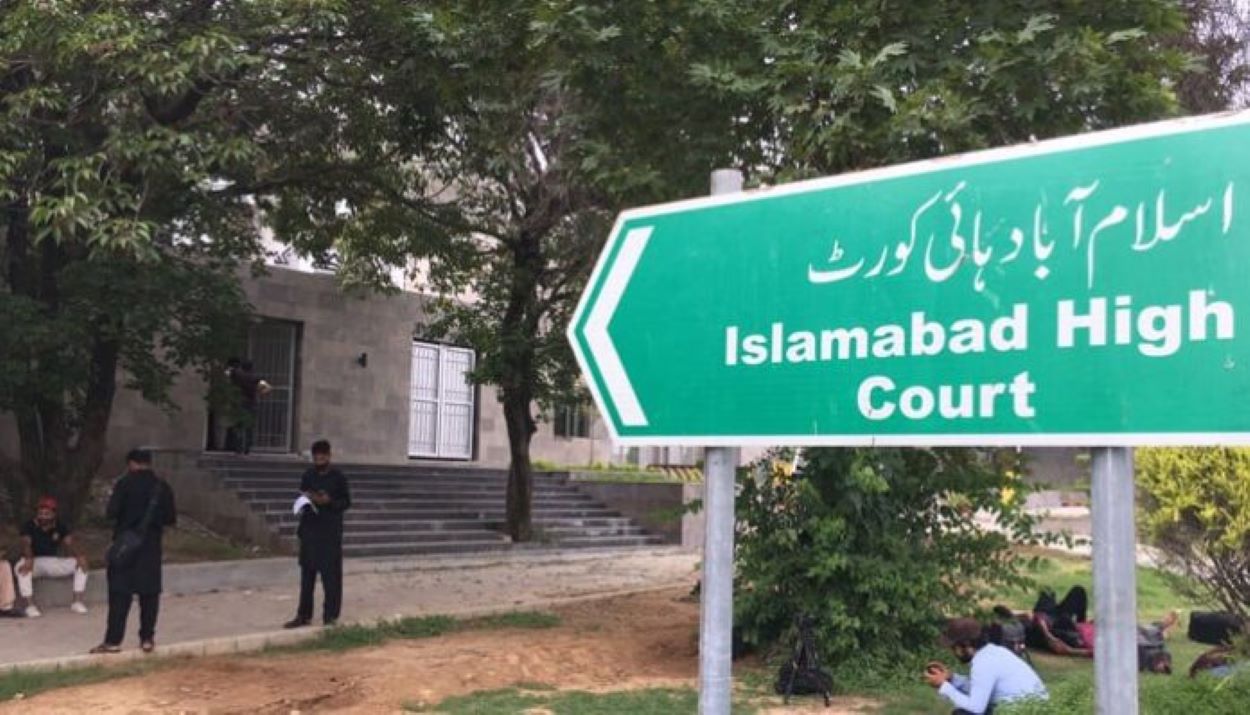Chief Justice Amir Farooq, the Islamabad High Court convened a full court session attended by Justices Mohsin Akhtar Kayani, Tariq Jahangiri, Babar Sattar, Ejaz Ishaq, Arbab Tahir, and Saman Rafat Imtiaz. Justice Mian Gul Hassan Aurangzeb, who previously abstained from signing a crucial letter, also participated.
The Islamabad High Court’s full court session primarily focused on addressing and curbing interventions by sensitive agencies within the judiciary.
During the session, it was unanimously decided that the court would formulate an institutional response to such interventions, committing to a united stance against interference in judicial matters. The judges agreed to draft proposals reflecting this consensus, which will be submitted to the Supreme Court as a collective recommendation from the Islamabad High Court.
The draft of these proposals is being prepared for submission to the Supreme Court ahead of the scheduled date, with no disagreements reported among the justices regarding the content or the approach.
This move follows a significant event on March 26, when six judges from the Islamabad High Court appealed to the Supreme Judicial Council, highlighting interference by intelligence agencies in judicial processes and seeking guidance on the matter.
In response to the initial appeal, the Prime Minister, in consultation with the Chief Justice, had established an inquiry commission. However, after Justice Tassaduq Jillani declined to lead the commission, the Chief Justice escalated the issue by taking suo moto notice and scheduling a hearing.
The Supreme Court, currently reviewing the situation, has requested suggestions from the High Court judges concerning the letter detailing the alleged interference, indicating the gravity and ongoing nature of the issue within the judiciary.






